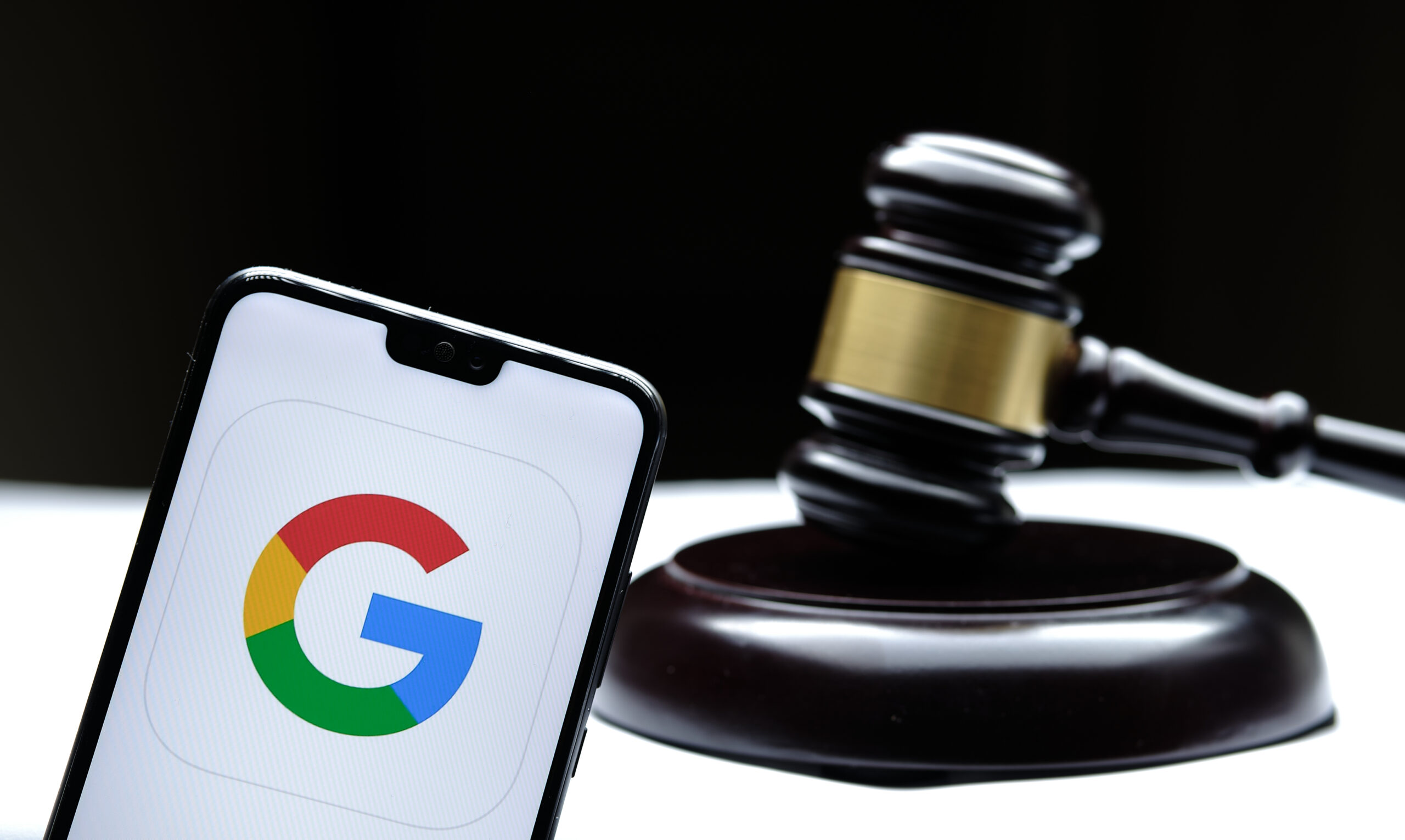The US Department of Justice (DOJ) has recently ruled against Google twice: in August 2024 for monopolizing the search engine and search advertising markets, and in April 2025 for its digital advertising network being an illegal monopoly.
Proposed DOJ remedies include potentially forcing Google to sell its Chrome browser or parts of the Android operating system. Additionally, the Federal Trade Commission (FTC) has an ongoing antitrust trial against Meta (Facebook), alleging the company illegally maintains a monopoly in personal social networking through its acquisitions of Instagram and WhatsApp and the imposition of anti-competitive conditions on software developers. The FTC is seeking to unwind these acquisitions.
The EU has also been very active in its antitrust scrutiny of Google and Meta, issuing substantial fines. In November 2024, the EU fined Meta for linking its online classified ads service Facebook Marketplace to its social network, which was deemed an unfair advantage. More recently, Meta was fined for breaching the Digital Markets Act regarding its “pay or consent” model for ad-free access to Facebook and Instagram, as the EU argued it does not provide users with a genuine free choice about their data.
The approaches taken by the US and EU in challenging Google and Meta’s monopolies differ. The EU has adopted a broader and more interventionist approach, exemplified by its history of antitrust scrutiny against Google and its willingness to issue hefty fines. In contrast, the US has historically focused more narrowly on demonstrable consumer harm and has been more hesitant to pursue structural remedies like breakups.
However, increasing scrutiny suggests a potential shift towards a more assertive stance. But President Trump’s recent firing of two FTC commissioners in March could indicate efforts to curb this increasing scrutiny. These divergent paths reflect differences in legal frameworks, regulatory cultures, specific market concerns, and political priorities.




